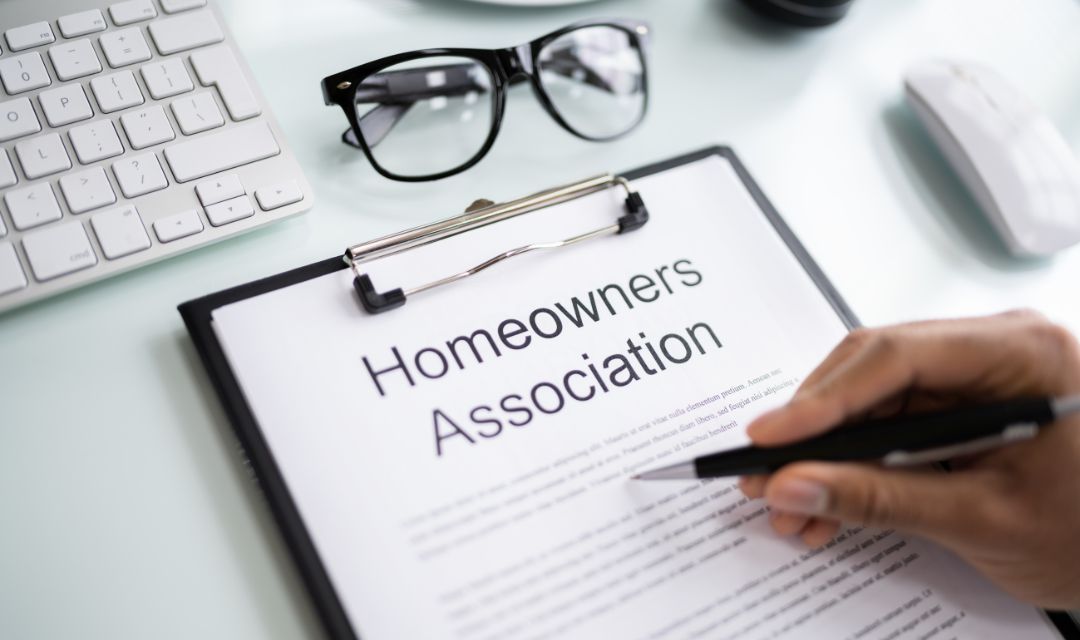As a home owner with an HOA, it’s crucial to understand the intricacies of Homeowners Associations (HOAs) and the rights and responsibilities they entail. Let’s delve into the essential aspects that every homeowner should be aware of when dealing with properties within HOA-controlled communities.
1. Automatic Membership:
When clients purchase property within an HOA-controlled community, they automatically become members of the association. This membership is not optional, and it subjects homeowners to the rules and bylaws outlined in the governing documents.
2. Mandatory HOA Documents:
The association is obligated to provide HOA documents to prospective buyers. These documents include the Articles of Incorporation, declaration, covenants and restrictions, bylaws, current association budget, and any mandatory fees. Failure to provide these documents may allow the buyer to withdraw from the contract and receive a full refund of deposits.
3. Board of Directors:
The board of directors plays a crucial role in HOA governance. Members are elected at the annual members’ meeting, and in the case of a vacancy, it is the board’s responsibility to fill the open position. If the quorum is not met, association members have the right to petition the circuit court for the appointment of a receiver to oversee HOA affairs.
4. Fidelity Insurance Requirement:
Maryland mandates HOAs to carry fidelity insurance, protecting against losses resulting from fraud, dishonesty, or criminal acts by association officers, directors, managing agents, or other employees. The insurance coverage must be a minimum of three months of gross annual HOA fees or $3,000,000, whichever is less.
5. Homeowner Rights:
Homeowners wield the power to elect and remove board members at association meetings, held at least annually. These meetings are crucial for discussing budgetary changes, electing board members, and making amendments to community regulations or bylaws.
6. Transparent Meetings:
All association meetings are open to members in good standing, providing a reasonable opportunity to speak. Closed meetings are allowed only for sensitive matters, and association documents, including financial reports and budgets, must be made reasonably available to homeowners upon request.
7. No-Impact Home-Based Businesses:
HOAs cannot prohibit no-impact home-based businesses unless explicitly specified in association documents. No-impact businesses, such as childcare facilities, are defined as those that do not disturb the neighborhood with increased resource needs or disruptions that could affect daily routines or home values.
8. MD Homeowners Association Act:
It’s essential to emphasize that realtors are not licensed attorneys and cannot provide legal advice. If homeowners have questions about interpreting state legal requirements or association governing documents, it is advisable to consult an attorney licensed in the state.
UPDATES: Apart from the governing documents, homeowners associations also answer to state law. Every now and then, states will pass new laws that affect these HOAs. The new Maryland state laws in 2023 include the following:
MANDATORY RESERVE STUDY
New legislation requires all homeowners associations, condominiums, and cooperatives to perform regular reserve studies for their common areas. Communities that have completed reserve studies on or after October 1, 2018, must update their studies within five (5) years from the date of completion. They must also update it every five (5) years thereafter.
In contrast, communities that have not completed reserve studies on or after October 1, 2018, have a deadline. They must have a reserve study performed by October 1, 2023. They must also have the study updated every five (5) years thereafter.

